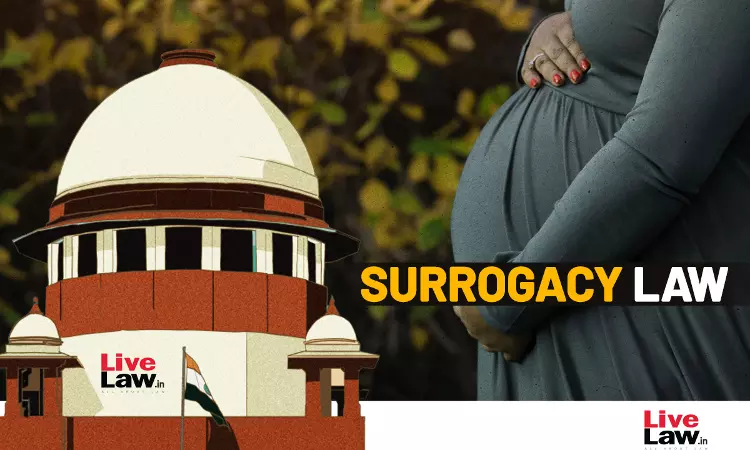Including Live-In & Same-Sex Couples Under Surrogacy Act Might Lead to Misuse: Centre to Supreme Court
Awstika Das
9 May 2023 9:43 AM IST

Next Story
9 May 2023 9:43 AM IST
Inclusion of live-in couples and queer couples within the ambit of the Surrogacy Act would open the scope of ‘misuse’ of such facilities and it would be difficult to ensure the best future for the child born through surrogacy, the Centre has told the Supreme Court. In an additional affidavit filed on behalf of the Union of India and the Indian Council of Medical Research,...
